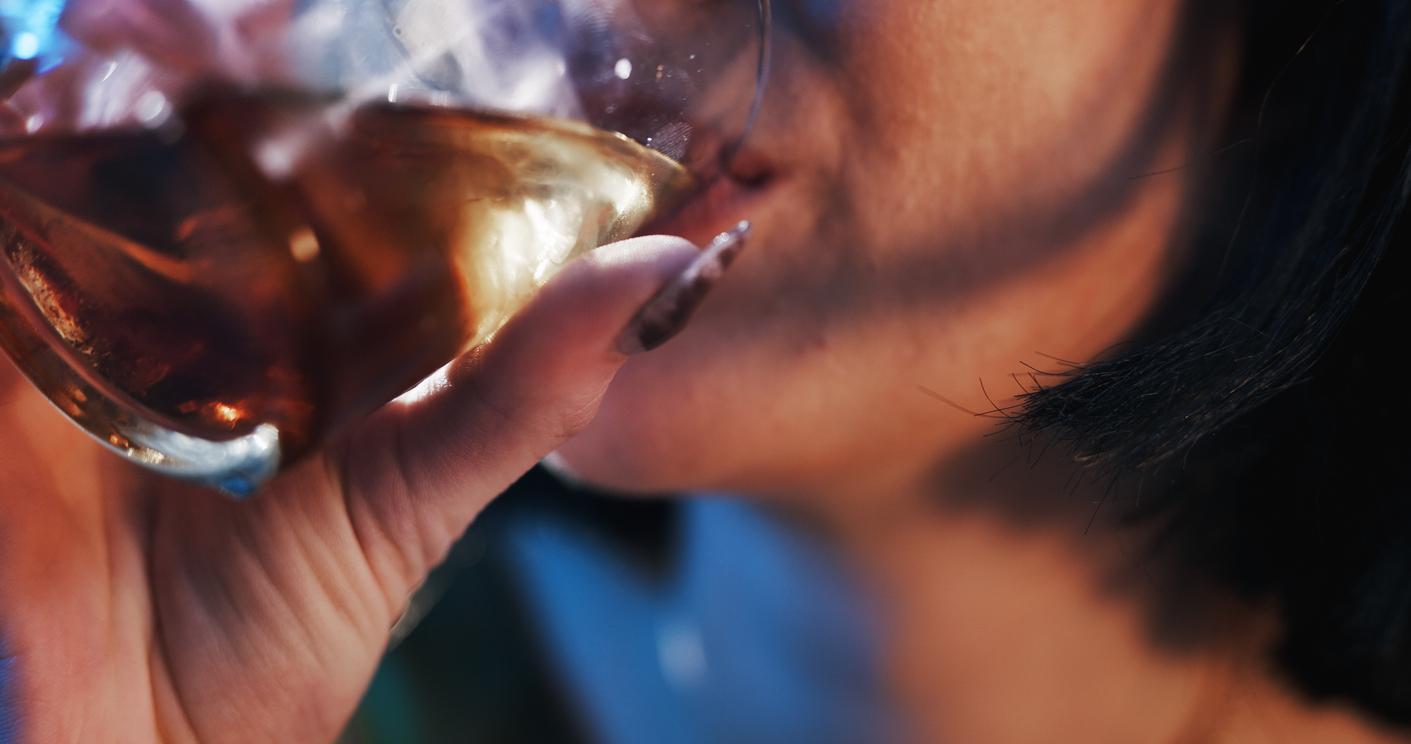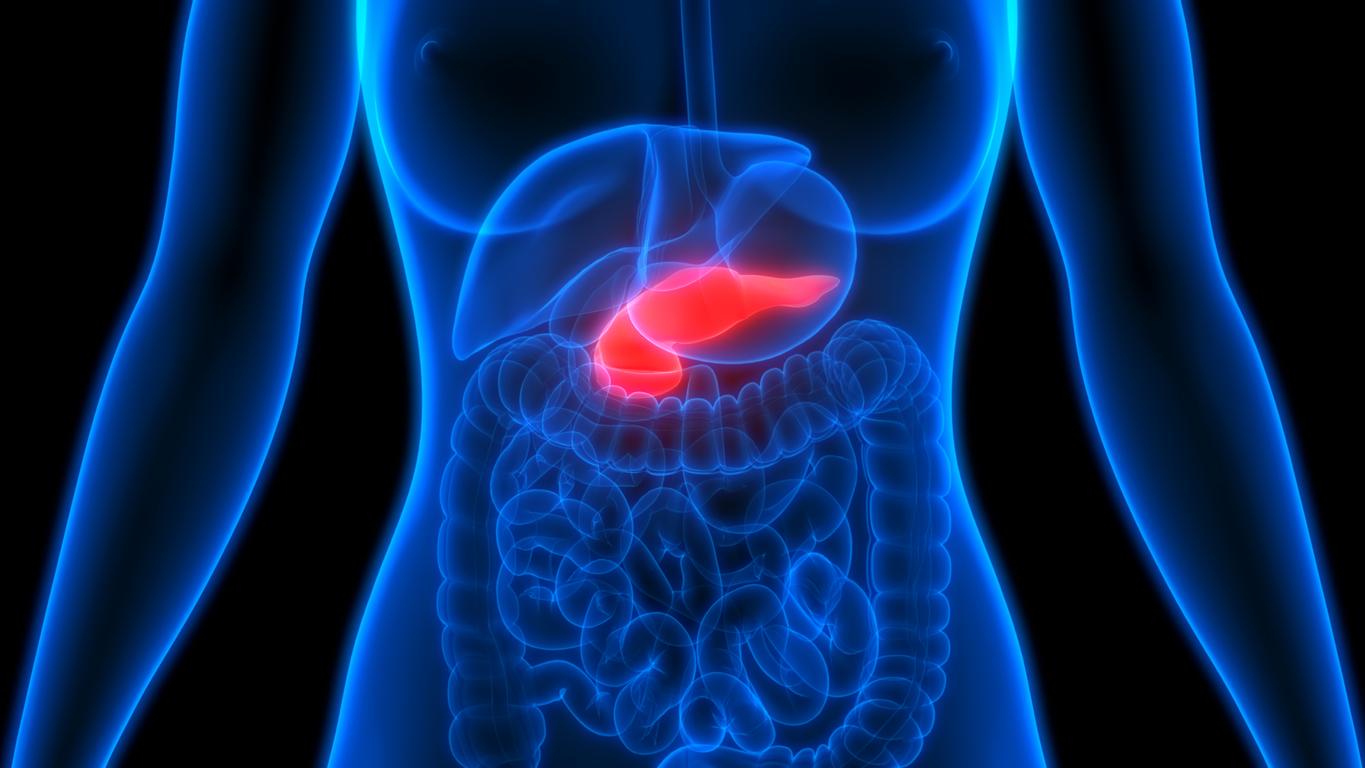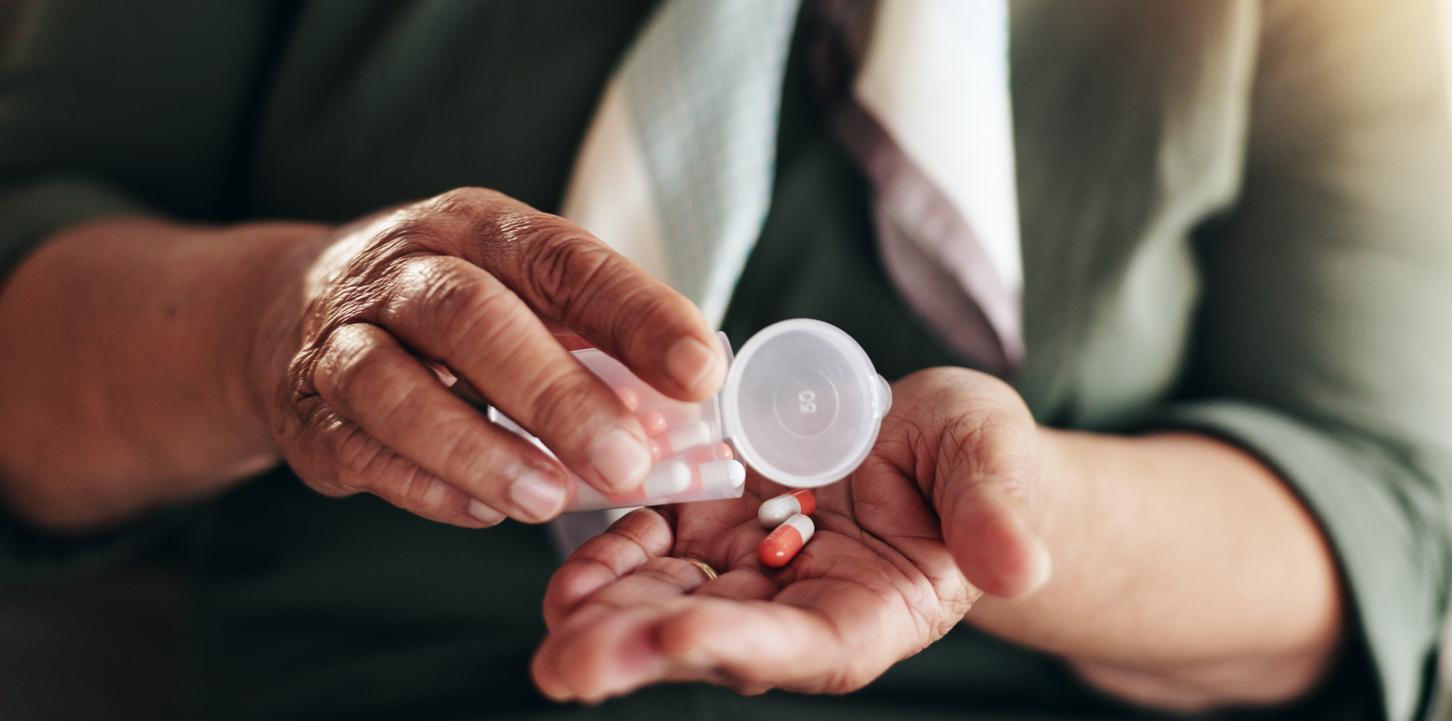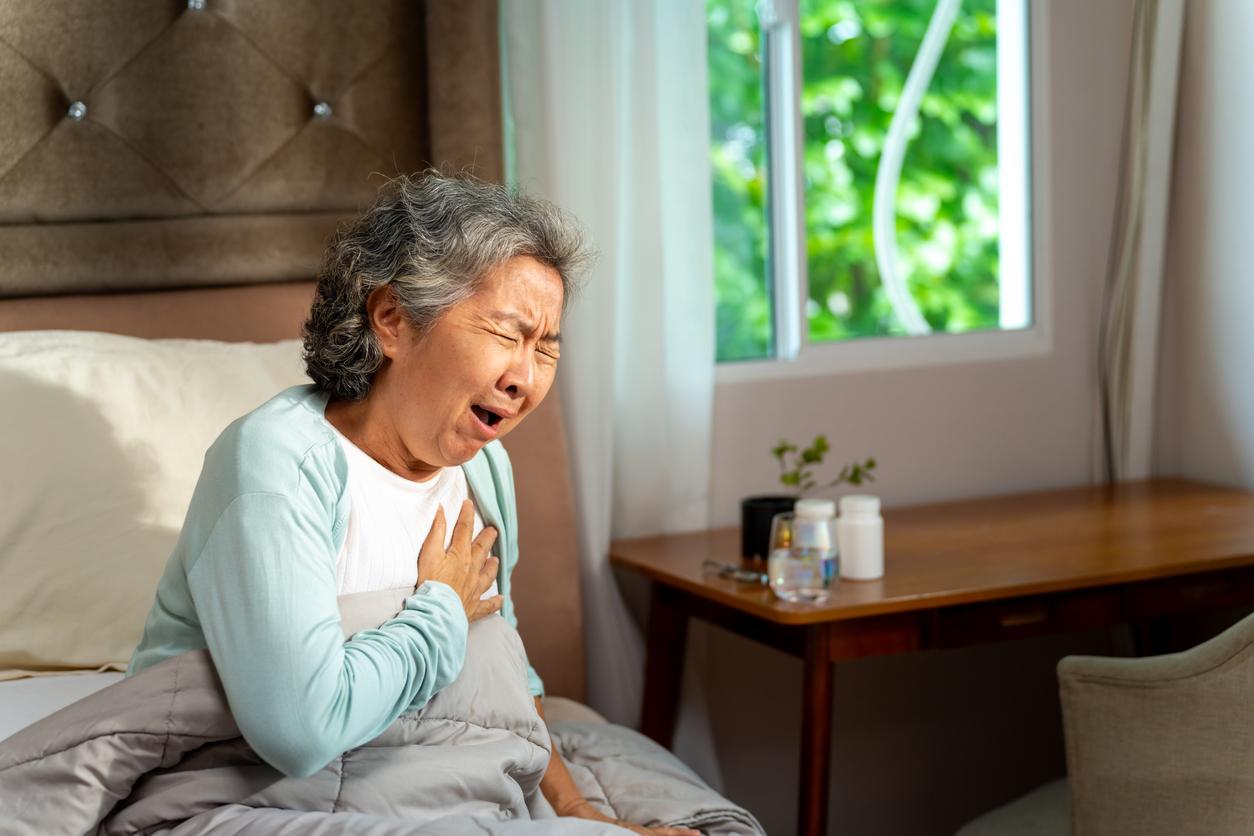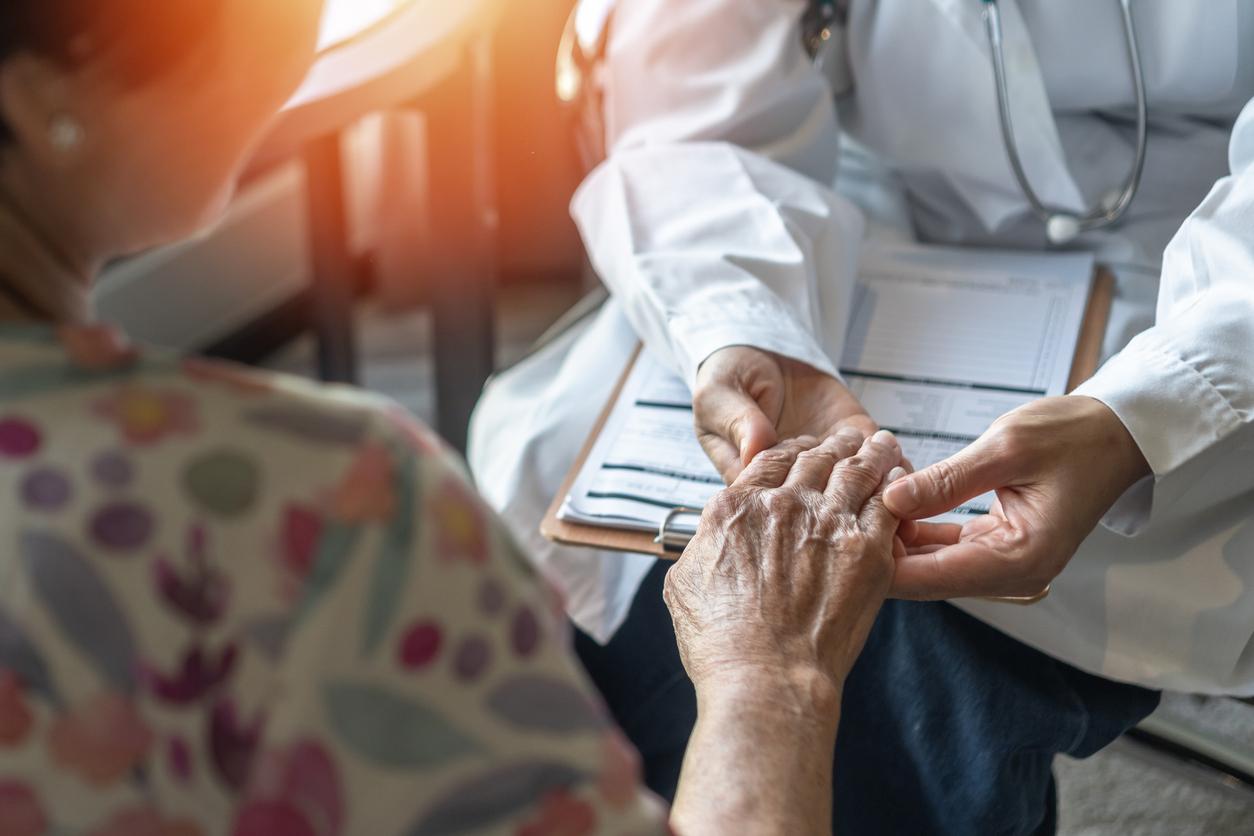You will find in supermarkets or on the markets herbal teas or dried plants. The label will allow you to know the producer, his method of cultivation, but will not provide you with a therapeutic indication. Only products sold in pharmacies contain it. It is then a question of herbal teas or dried plants but also of all the medicines of herbal medicine : capsules, mother tincture, cream, ointment … Everyone benefits from precise indications and dosages according to their age. As to food supplements herbal (infusions, capsules, tablets, ampoules), which are defined as “food the purpose of which is to supplement a normal diet and which constitute a concentrated source of nutrients or other substances having a nutritional effect or physiological ”, they are authorized for sale in supermarkets, drugstores and pharmacies, health food stores and on the Internet.
To know
In France, so-called “non-released” plants, listed on list B of the French pharmacopoeia, are dispensed by pharmacists only on medical prescription.
How to spot fraudulent products on the Net
Avoid sites that do not include a “Who are we?” », Giving information on the sales structure, the origin of the products.
Check that the source of the statements extolling the therapeutic merits of a particular capsule is well specified and reliable (health organizations, publications in scientific journals, etc.).
Make sure that the site has a scientific committee (doctors, pharmacists, researchers, etc.) which validates all of the products sold online.
Beware of Chinese plants
Chinese herbal medicine is considered dangerous by some doctors because accidents have occurred in Europe with capsules containing plants with very similar names but with very different effects. A death, cases of kidney failure … have occurred, so much so that Chinese legislation on the cultivation and sale of plants for export has been strengthened. However, the sale of these products via the Internet does not guarantee 100% the nature and quality of the plants.









